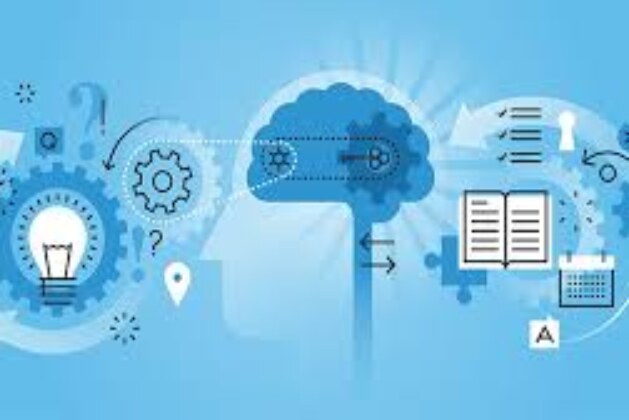Memory and retention are critical pillars of effective learning, yet many students struggle to hold onto information long-term. Neuroeducation — the fascinating blend of neuroscience and education — offers powerful insights into how the brain learns best. By applying brain-based strategies, educators and learners alike can enhance memory and improve retention, making study time more efficient and impactful.
Table of Contents
Introduction
In today’s fast-paced world, students are bombarded with an overwhelming amount of information. Despite their best efforts, many find it challenging to retain what they learn, leading to frustration and reduced academic performance. This is where neuroeducation steps in—a science-driven approach that taps into the brain’s natural learning processes. By understanding how memory works and employing targeted strategies, students can optimize their ability to remember and recall knowledge when it matters most.
This article explores effective strategies that can significantly enhance memory and retention in students, backed by scientific research and practical application.
Understanding Memory and Retention: The Brain’s Role
Memory isn’t just about storing facts; it involves encoding, consolidation, and retrieval—three key stages that work together to help us remember. The hippocampus plays a crucial role in forming new memories, while the prefrontal cortex aids in organizing and retrieving them.
Retention is deeply influenced by how information is presented and repeated. Neuroscience tells us that passive memorization is ineffective, but active engagement and spaced repetition strengthen neural connections, making memories more durable.
Neuroeducation Strategies to Improve Memory and Retention
1. Spaced Repetition
Instead of cramming, spacing study sessions over time helps the brain reinforce neural pathways. Revisiting information at increasing intervals improves long-term retention by counteracting the brain’s natural tendency to forget.
2. Active Retrieval Practice
Testing oneself by recalling information without looking at notes—known as active retrieval—enhances memory much more than passive review. This process strengthens the ability to access stored information quickly.
3. Multisensory Learning
Engaging multiple senses—such as combining visuals, sounds, and hands-on activities—activates different brain regions, leading to richer encoding of information. For example, pairing reading with drawing diagrams or discussing concepts aloud can boost retention.
4. Chunking Information
Breaking down complex information into smaller, manageable “chunks” helps the brain process and remember data more efficiently. This technique mimics how working memory operates and reduces cognitive overload.
5. Incorporating Emotion and Meaning
Information connected to emotions or personal experiences is remembered better. Encouraging students to relate material to their own lives or passions makes learning more meaningful and memorable.
6. Adequate Sleep and Nutrition
The brain consolidates memories during sleep, especially deep and REM sleep stages. Proper rest is essential for retention. Likewise, balanced nutrition supports cognitive functions and enhances learning capacity.
7. Mindfulness and Stress Reduction
High stress impairs memory formation and retrieval. Mindfulness practices and relaxation techniques can improve focus and reduce anxiety, creating an optimal learning environment.
Applying Neuroeducation in the Classroom and at Home
Teachers and parents can foster better memory retention by creating learning experiences based on these principles:
- Design lessons with spaced reviews rather than one-time lectures.
- Encourage self-quizzing and group discussions.
- Use multimedia resources and hands-on projects.
- Help students organize information visually and verbally.
- Promote healthy sleep habits and mindfulness activities.
Conclusion
It provides a powerful framework for transforming how students learn and retain information. By adopting brain-based strategies like spaced repetition, active retrieval, and multisensory engagement, learners can significantly enhance their memory and academic success. Understanding and applying these insights not only improve grades but also cultivate lifelong skills that extend beyond the classroom.
Embracing neuroeducation strategies today means empowering the learners of tomorrow to reach their full potential—one well-retained lesson at a time.
Read More: Terraforming Mars: Will NASA or SpaceX Lead Humanity to a New Home?




